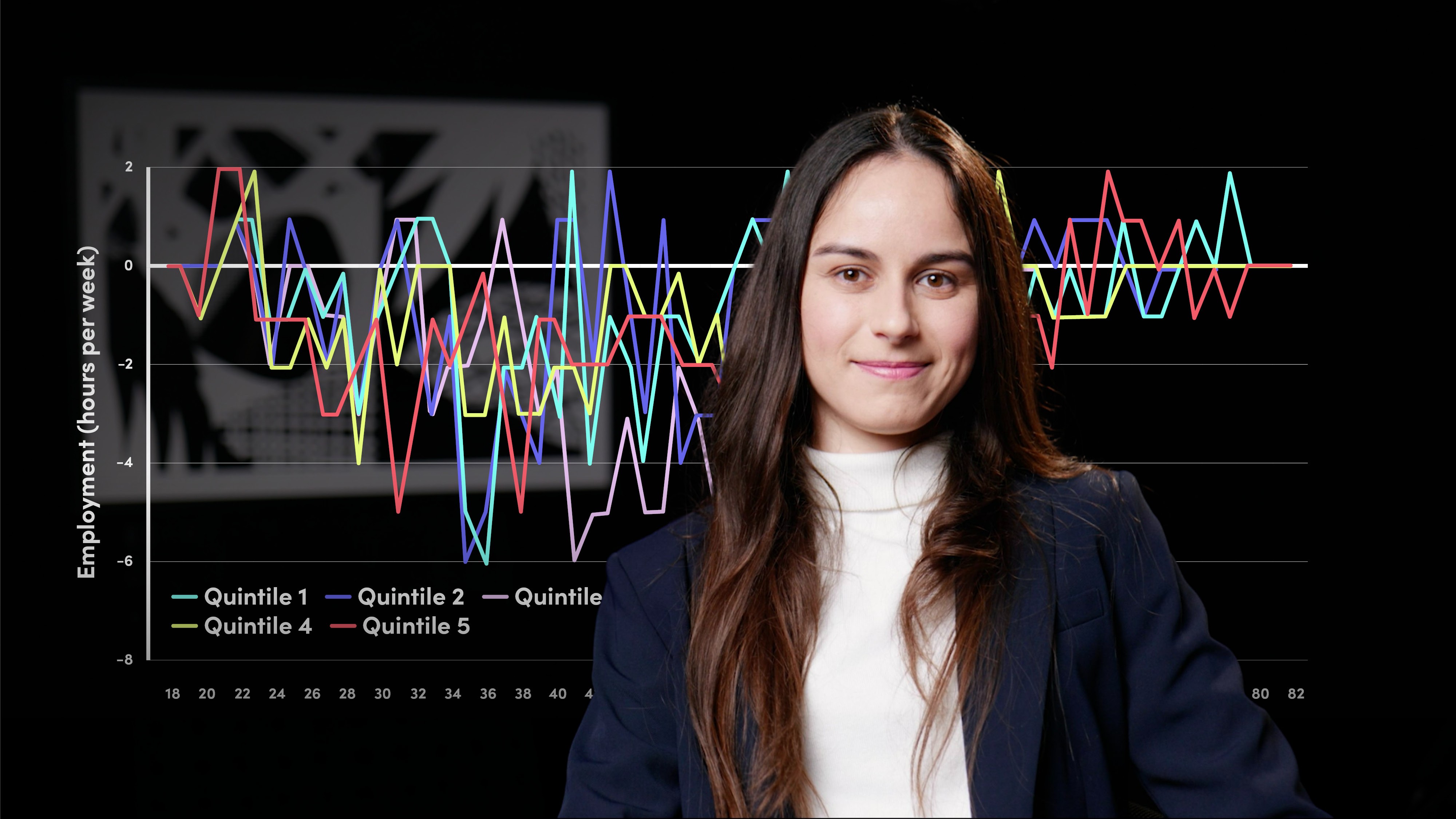
Tackling Wealth Disparity with a Consumption Tax

Larissa Marioni
10 years: Macro Economist
In this video, Larissa provides new empirical evidence and discusses the implementation of different types of consumption taxes, including a direct progressive consumption tax, and its potential distributional effects on households and the economy.
In this video, Larissa provides new empirical evidence and discusses the implementation of different types of consumption taxes, including a direct progressive consumption tax, and its potential distributional effects on households and the economy.
Subscribe to watch
Access this and all of the content on our platform by signing up for a 7-day free trial.

Tackling Wealth Disparity with a Consumption Tax
10 mins 40 secs
Key learning objectives:
Understand the limitations of the current tax system
Outline the pros and cons of the three tax policy simulations assessed by NIESR
Overview:
A progressive consumption tax compensates for consumption over time and allows low-income households to consume more, and it incentivises employment as labour is not taxed. NIESR conducted a study on the implementation of different types of consumption taxes in the UK and found that a progressive consumption tax can smooth consumption over a person's lifetime, enabling them to earn and save without tax disincentives. It also allows low-income households to consume more as the tax is only imposed after a certain level is achieved. Furthermore, it incentivises employment as labour is not taxed, which increases flexibility regarding labour and leisure choices. Lastly, it increases savings for all income groups, allowing households to accumulate wealth over their lifetime.
Subscribe to watch
Access this and all of the content on our platform by signing up for a 7-day free trial.
What are the limitations of the current tax system and how could a progressive consumption tax change this?
The current tax system in the UK has several limitations. Firstly, households at the bottom of the income distribution pay a higher proportion of their income on essential goods, resulting in them paying more in indirect taxes. This raises questions about the equity of the system. Secondly, the current system of income tax, National Insurance contributions, VAT and corporation tax is complex and administratively burdensome. Additionally, income tax only covers some sources of income and there are several forms of tax penalties based on employment types. The implementation of a progressive direct consumption tax could address some of these limitations, but it raises several transition issues, such as how to deal with imported goods, double taxation for pensions and registered assets, and different capital taxes. Phasing in the consumption tax gradually and allowing for exemptions could help with the transition.
What tax policies did NIESR simulate?
NIESR simulated three tax policy scenarios using a microsimulation model and data covering approximately 40,000 individuals from 20,000 households, representative of the UK population. The scenarios include replacing VAT and consumption duties with a 15% flat-rate tax on consumption (simulation 1), replacing the current tax system with a flat-rate direct consumption tax rate of 41.3% (simulation 2), and replacing the current tax system with a progressive flat-rate direct consumption tax rate of 78% with a tax-free threshold of £100 per week (simulation 3). The analysis aims to achieve budget neutrality, distributional neutrality, and focus on inequality of adult equivalised consumption while studying behavioural effects.
What was the outcome of the study?
Simulation 1: Negligible impact on consumption, employment and wealth effects. Limited behavioural effects overall
Simulation 2: Increased inequality of equivalised consumption, with the introduction of the direct consumption tax leading to a decrease in lifetime consumption for the bottom quintile of the income distribution and an increase for the top quintile
Simulation 3: Improved welfare by allowing households to smooth consumption, incentivising employment, and increasing savings and wealth accumulation for all income groups
Subscribe to watch
Access this and all of the content on our platform by signing up for a 7-day free trial.

Larissa Marioni
There are no available Videos from "Larissa Marioni"





























